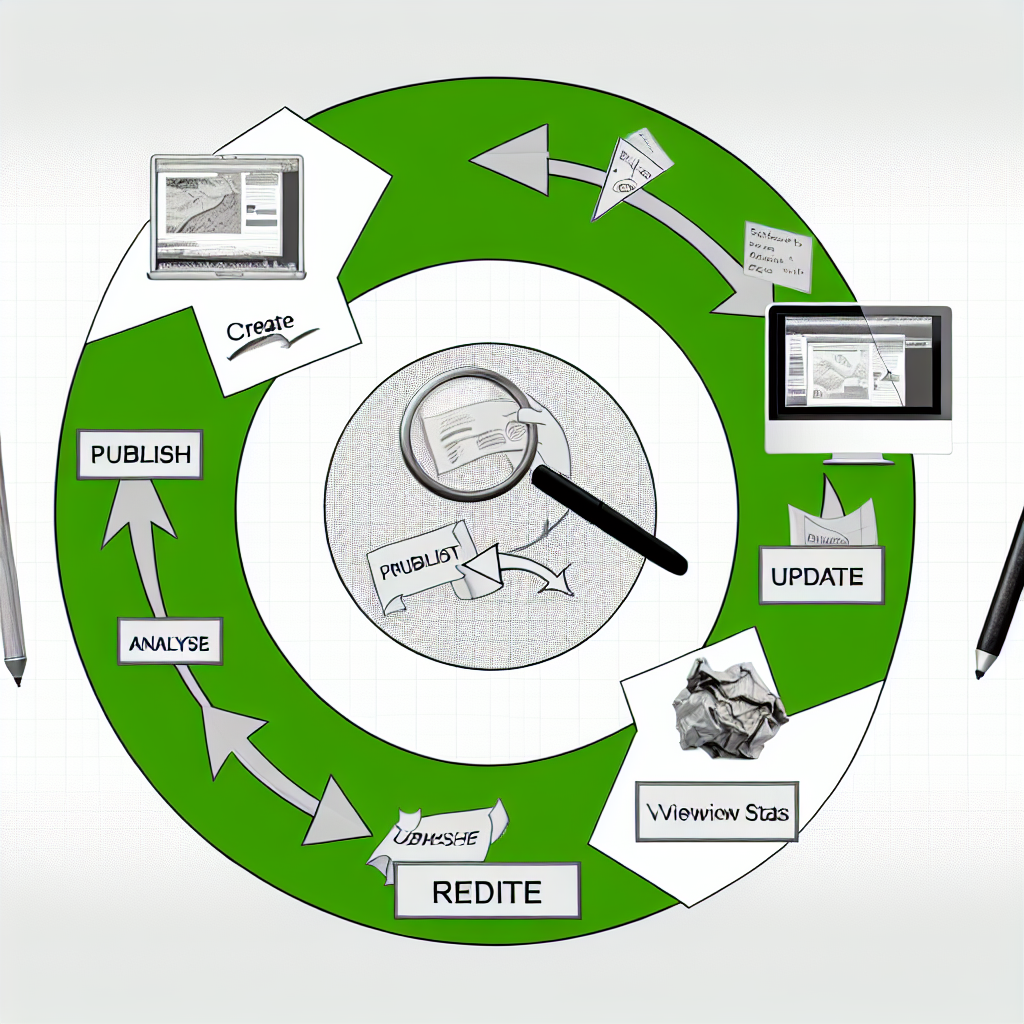The Science of Search Intent: How Understanding User Psychology Can Transform Your SEO Strategy
In today’s digital landscape, SEO is no longer just about keywords and backlinks. At the heart of a successful SEO strategy lies the nuanced concept of search intent. As search engines evolve with AI and natural language processing, understanding what users truly seek – their underlying motivations, desires, and psychological triggers – has become pivotal for outranking competitors and achieving long-term success.
Grasping the science of search intent isn’t just an academic exercise – it directly impacts key business metrics like click-through rates, customer acquisition costs, and lifetime value. Today’s sophisticated algorithms are designed to interpret the cognitive context behind search queries, requiring marketers to become student-psychologists capable of predicting behavior and creating content that aligns with user journeys.
Inside the Mind: Cognitive Psychology’s Role in Search Behavior
Understanding search intent is deeply rooted in cognitive science. A study in the Journal of Consumer Psychology (2019) found that intentionality is the strongest predictor of behavior, indicating that search queries are expressions of human needs shaped by emotions, context, and biases. Applying Daniel Kahneman’s “System 1 and System 2” thinking framework can help identify intent – fast, instinctive searches require content tailored to emotional triggers, while deliberate queries necessitate detailed guides and structured information.
The Emotion-Conversion Link: What Behavioral Economics Teaches Us About SEO
Behavioral economics further enriches our understanding of intent. A study from the University of Chicago Booth School of Business (2020) found that user engagement dramatically increases when content connects with “motivational congruence” – the alignment between what users want and the messaging they receive. For SEO, this means crafting landing pages optimized for both keywords and customer personas.
Neuromarketing Insights: How Emotionally Intelligent Content Drives Action
Neuromarketing also reveals the power of intent-focused content. A meta-analysis from Frontiers in Neuroscience (2021) found that emotionally charged content not only improves memory recall but increases the likelihood of user action. This insight is essential for SEO strategists, as multimedia formats and emotionally resonant messaging can keep users engaged, boosting dwell time and signaling quality to search algorithms.
Understanding the “Cognitive Miser”: Why SEO Must Account for User Behavior Shortcuts
The “cognitive miser” theory explains that humans tend to conserve mental energy by making shortcuts in decision-making, relying heavily on ranking positions, brand familiarity, and compelling meta descriptions. For SEO strategists, this reaffirms the critical importance of visible, trust-building elements like schema markup, reviews, and concise headlines.
Conclusion: Turn Science into Strategy for SEO That Performs
Understanding the psychology of search intent is no longer optional; it’s the strategic differentiator for digital success. By embedding principles from cognitive science and behavioral economics into your SEO approach, you can craft content that resonates with users. C-suite leaders who prioritize these insights will see stronger performance metrics and forge more meaningful, trust-based relationships with their audiences.
Summary: In today’s digital landscape, SEO is no longer just about keywords and backlinks. Understanding the psychology of search intent, which is deeply rooted in cognitive science and behavioral economics, is the strategic differentiator for digital success. By embedding these principles into your SEO approach, you can craft content that resonates with users and drive stronger performance metrics.

Dominic E. is a passionate filmmaker navigating the exciting intersection of art and science. By day, he delves into the complexities of the human body as a full-time medical writer, meticulously translating intricate medical concepts into accessible and engaging narratives. By night, he explores the boundless realm of cinematic storytelling, crafting narratives that evoke emotion and challenge perspectives.
Film Student and Full-time Medical Writer for ContentVendor.com
